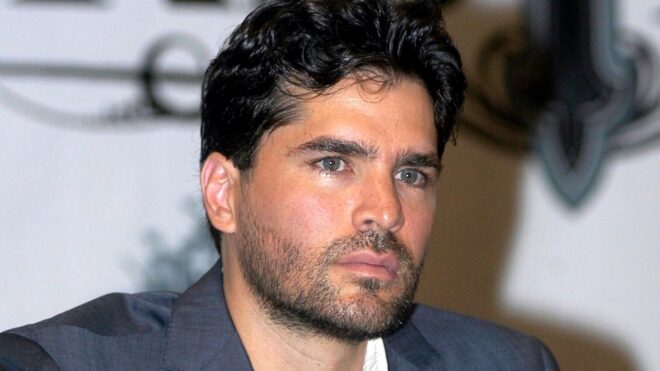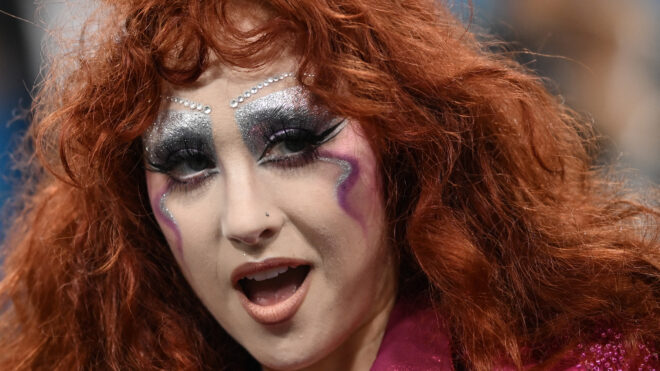I went into my thirties armed with a lifetime supply of hair dye and retinol cream, but nothing could have prepared me for the onslaught of hormonal changes my body went through almost immediately after the clock struck midnight on my 30th birthday. Ay. Mi. Madre! Overnight, I was thrown into what can only be described as Puberty: The Sequel. Why didn't anyone warn me?
Like most women my age, I expected to have to deal with canas and wrinkles in my thirties, but I had no idea that I'd also have to deal with these 12 surprising changes.
Read more ¿Qué más?: Prevent hair loss with these 9 easy tips
Image via Corbis
Your metabolism slows down
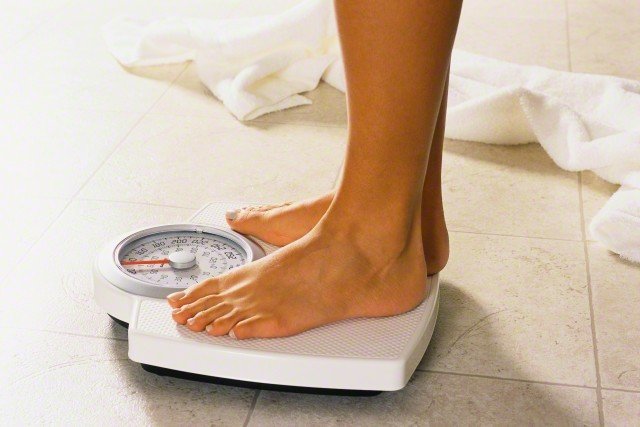
Think your body stops changing after puberty? Think again. Once you hit thirty or so, your muscles get weaker and smaller, which in turn causes your metabolism to sloooooow dooooown. But don't despair. Resistance training and a healthy diet will keep those extra lbs from creeping up on you.
You get darker...down there
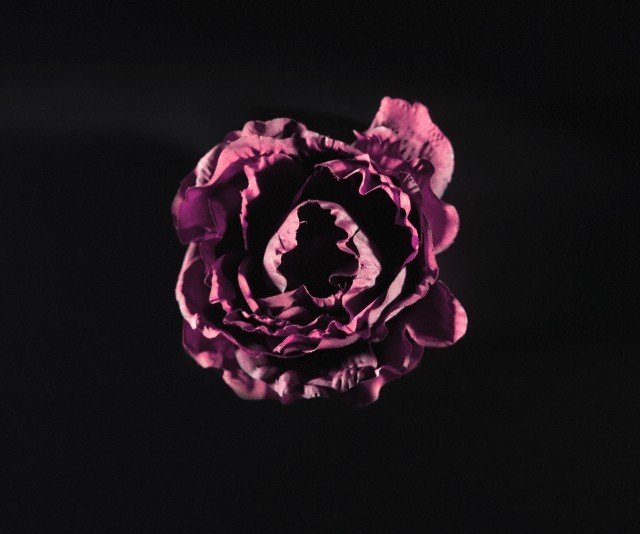
Don't freak out if you notice things getting a little darker down under. As women age, they experience hormonal shifts that may cause their labia minora to darken. These hormonal shifts may also occur after pregnancy, regardless of age. Either way, don't worry. It's totally normal.
You'll lose your "baby" fat
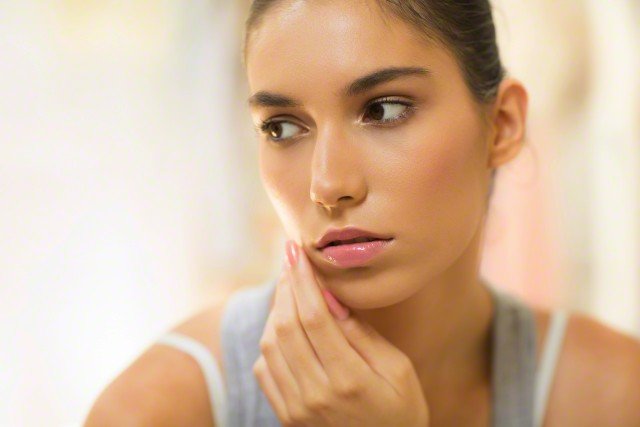
Losing the baby weight you gained during your pregnancy becomes harder in your thirties. However, losing the baby fat you've carried in your cheeks since you were a teen becomes much, much easier. As women age, they produce less face-plumping collagen, which in turn causes women's faces to look slimmer.
Your libido goes cray
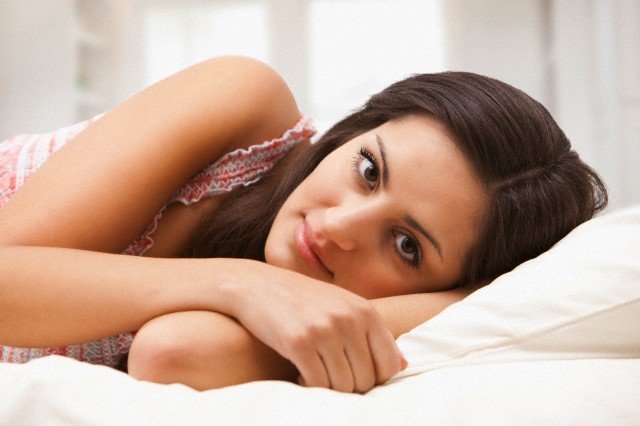
Now that you're in your 30s and 40s, you know what you like in bed and aren't afraid to ask for it, which in turn leads to better bedroom romps. However, you may also have your wacky hormones to thank for your amped up sex drive. As we age, our natural testosterone levels begin to meet up with or surpass our decreasing estrogen levels, making us feel more sexually aggressive.
Things get a lil' [more] hairy
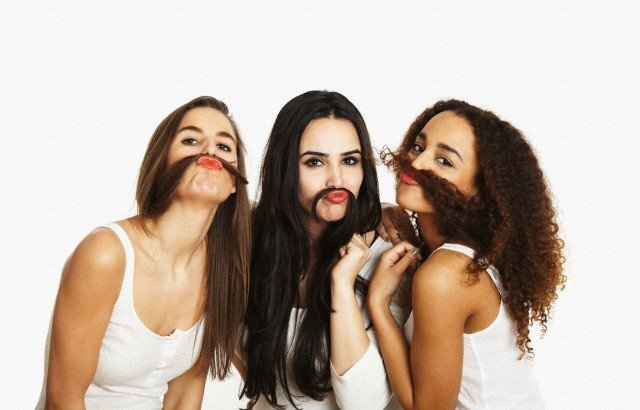
Are you growing extra whiskers on your chinny chin chin? Blame estrogen for leaving testosterone to run the show. The same hormonal imbalance that makes you want to go at it like a hare in heat during your 30s and 40s may also cause you to grow extra hair…on your face and elsewhere.
Your eyesight begins to fade

Nothing lasts forever. Not even perfect vision. Your eyes become weaker due to overuse, so take regular breaks from staring at your computer or smartphone. The light emitted from these devices strains your eyes, making eyes weaker, faster.
Your fertility starts to dwindle
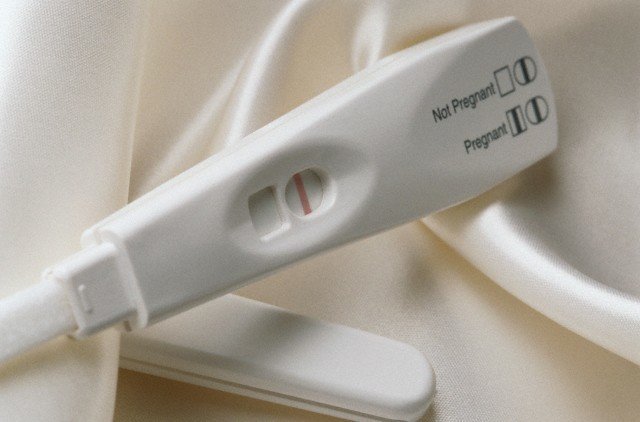
Women are born with a finite number of eggs. The number of healthy, viable eggs available to us decreases as we age, which in turn makes it difficult–but not impossible–for many women to conceive in their thirties and forties.
Acne makes a comeback
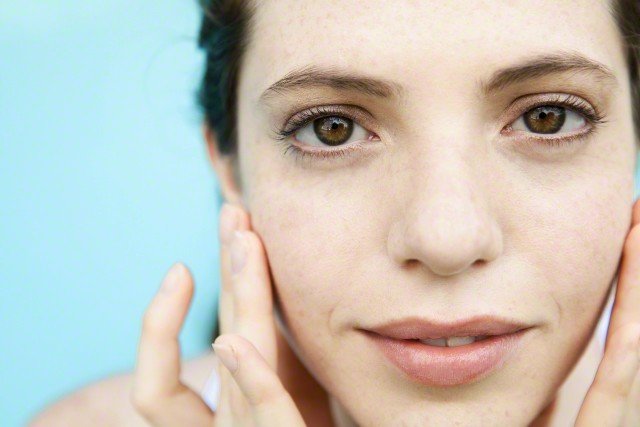
Get ready for Acne: The Sequel! According to the American Academy of Dermatology, 45% of women between the ages of 21 and 26 will experience adult acne. Blame your hectic lifestyle. Stressing over work, downing starchy fast-food and sugar-laden cocktails, and smoking can all lead to unwanted breakouts.
Early perimenopause may rear its head
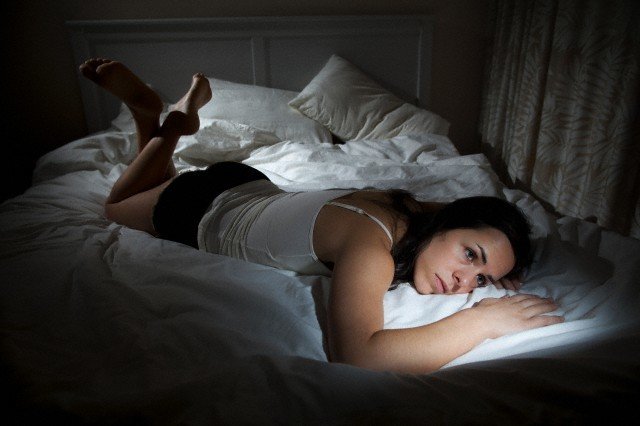
Suffering from mood swings, anxiety or night sweats? If you're in your thirties or early forties, you may be entering early perimenopause. Perimenopause is triggered by fluctuations in estrogen and progesterone, and can rear its annoying little head up to ten years before you go throw full-blown menopause. Other symptoms of perimenopause include insomnia, lethargy and weight gain.
You may develop new allergies
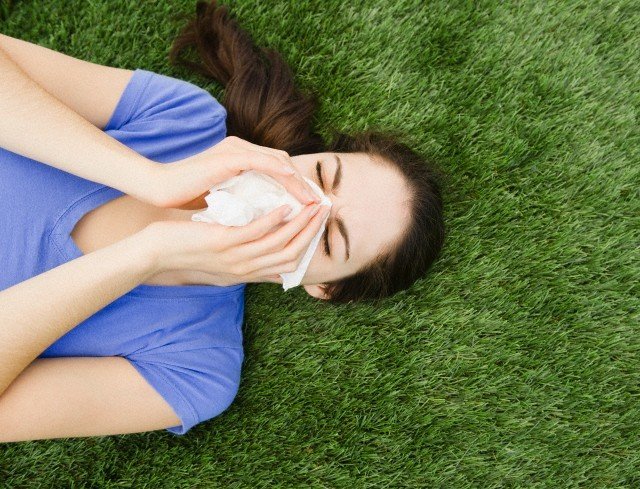
Just because you didn't suffer with allergies as a child, that doesn't mean you won't have to deal with them as an adult. Adult onset allergies are real, and they can sometimes be triggered by prolonged exposure to allergens such as dust, dander, mold, and pollen. That's nothing to sneeze at.
Tummy troubles abound
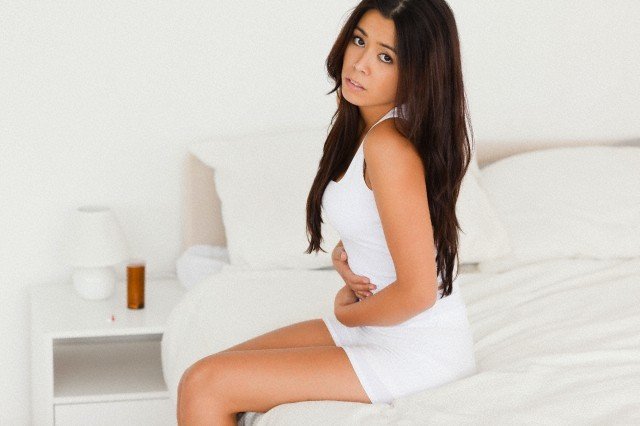
Wine and cheese may age well, but our digestive systems don't. As we age, our lactase levels decrease, making it difficult for us to break down or tolerate dairy products like milk, cheese, and–gasp–ice cream. After about age 30, these foods may cause you to feel like a gassy, bloated vaca. Moooo! I mean, noooo!
Your lungs ain't what they used to be
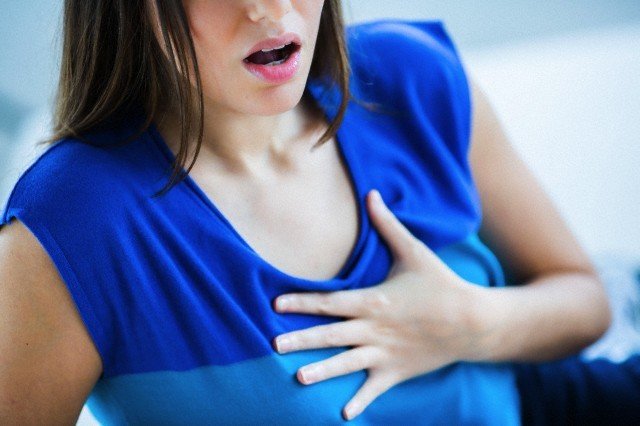
Gasp! According to a study published by Dove Medical Press, our lungs reach full maturation by age 20–25. By the time we hit our 30s, most of us will experience a "progressive decline in lung function." Excuse me while I go hyperventilate.
Your hair may begin to thin
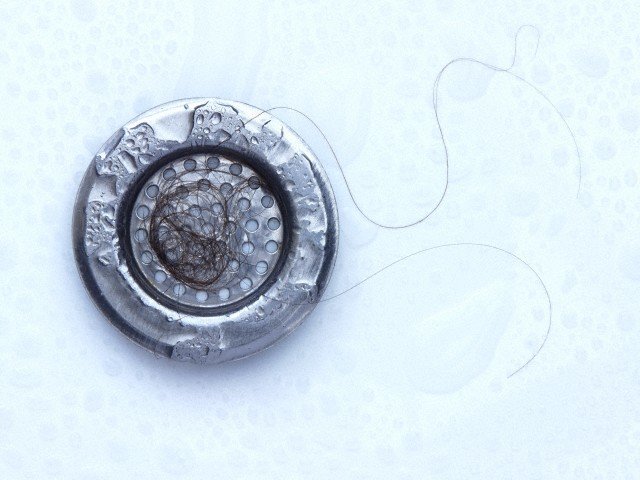
Every one knows canas are inevitable, but hair loss? Who would have thunk it? It turns out hormonal changes that occur during your late thirties and forties (it always comes down to hormonal changes, doesn't it?) can cause female pattern hair loss or baldness. Guess that explains why so many of our mothers and abuelitas cut their hair short after a certain age: to make their thinning hair appear thicker.
You become more confident

Despite having to deal with potential hair loss, weight gain, and night sweats, most of us women find ways to grow comfortable in our own skin. Chalk it up to maturity or just a decreased ability to give any cares anymore. Now that's something worth looking forward to.

